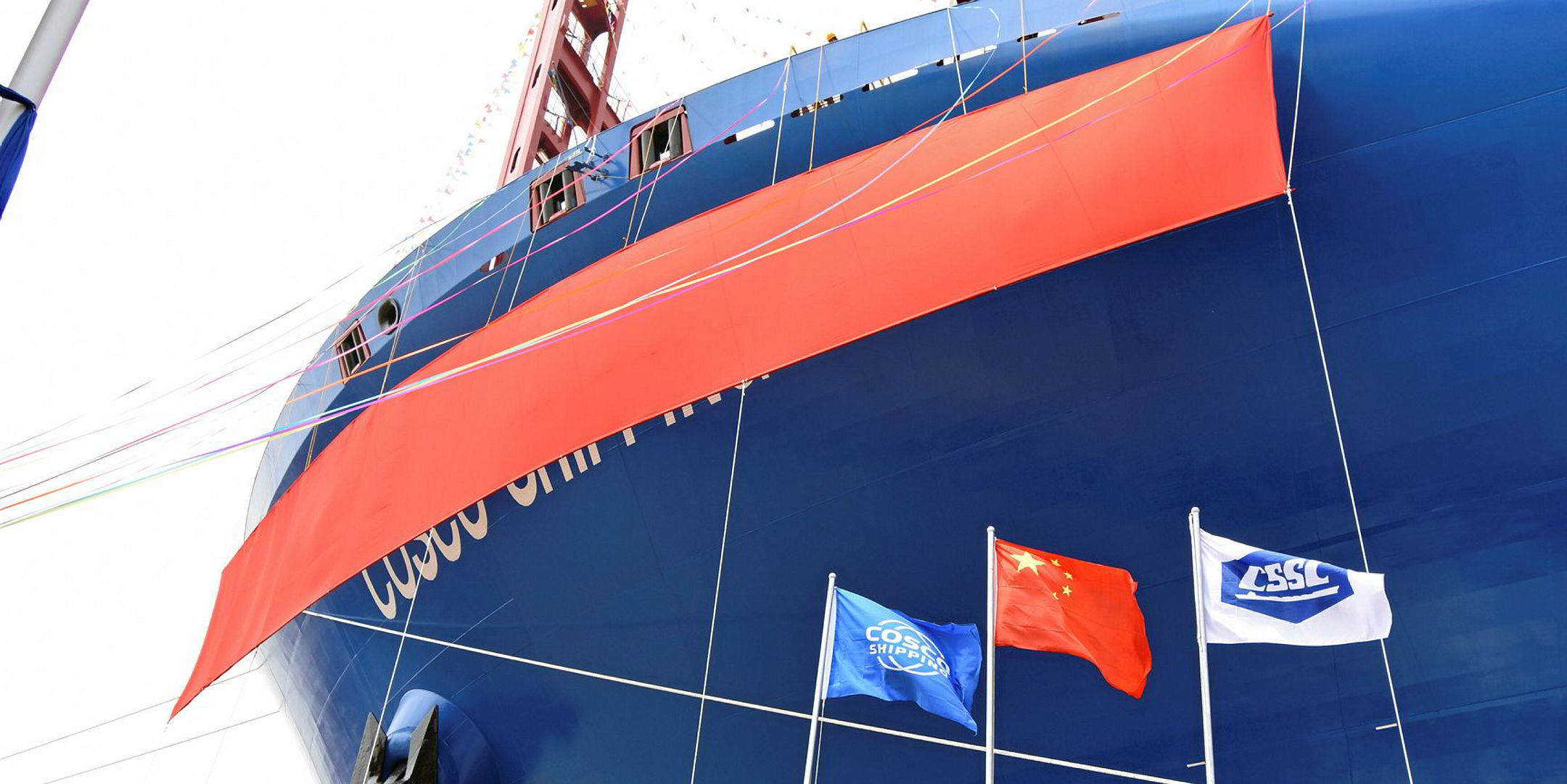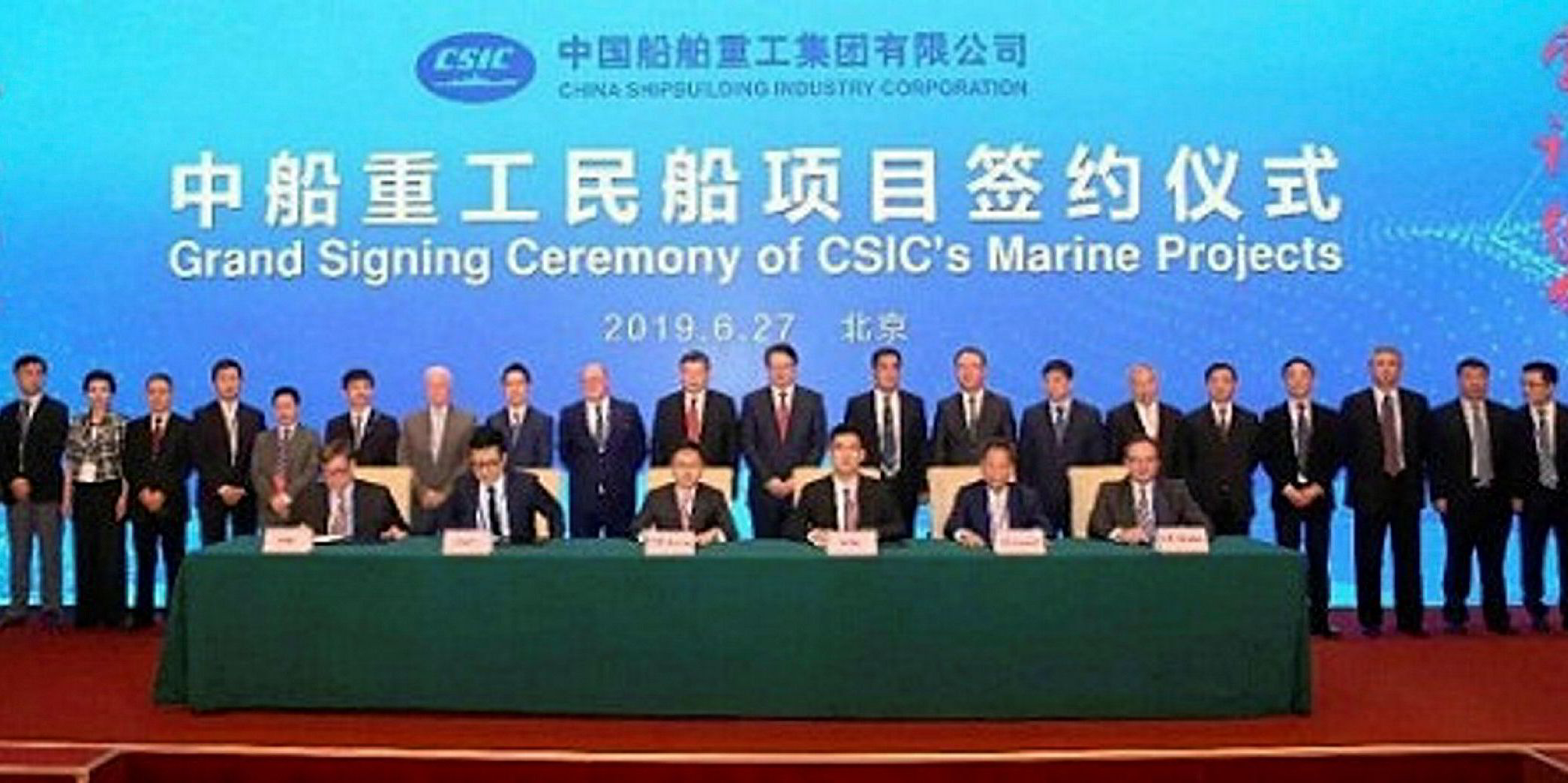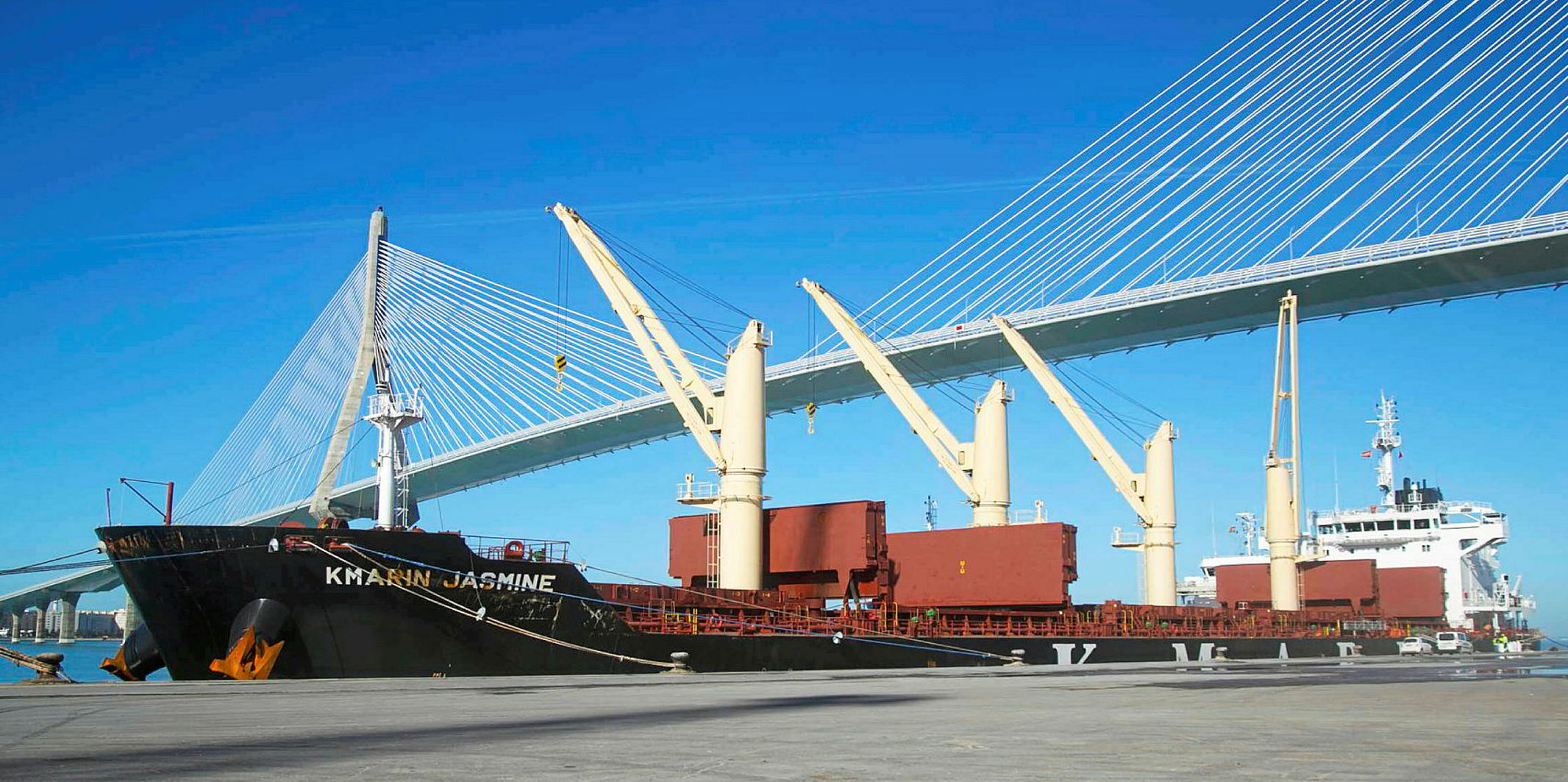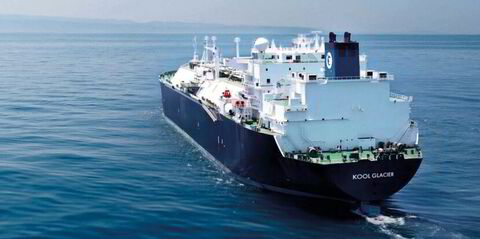China Shipbuilding Industry Corp (CSIC) called clients and industry guests together in Beijing last month to announce a huge package of orders accompanied by finance deals by subsidiary CSIC Leasing.
One important aspect of the story was overlooked: just how long it has been since a conspicuous announcement of a Chinese lease financing.
Whether in the form of announcements or scoops, news of sale-and-leaseback or newbuilding finance packages used to be relatively frequent. They became increasingly so in the five years in which the big ship leasing players — especially the main bank-related houses in the space — expanded their portfolios to compensate for missing European mortgage finance.
Shanghai leasing specialist Smarine’s December 2018 estimate of $51bn-worth of shipping assets in the hands of Chinese lessors was widely considered conservative, and the sum has certainly grown this year.
More unreported deals
But top-of-the-page ship finance deals have been just as likely to come from the US as from China lately. For example, in the June purchase by Oak Hill Advisors and Varde of a $1bn Deutsche Bank shipping portfolio, or Davidson Kempner’s purchase of what remained of the Commerzbank shipping book soon after.
“Price matters,” one Chinese leasing house official tells TradeWinds when asked why US private equity pocketed those mortgage books.
Meanwhile, where are the big Chinese leasing deals?
There was the announcement from publicity-hungry state-owned merger candidate CSIC, which included ships for names such as Oldendorff and Wah Kwong. And rival CSSC Shipping listed its shares in Hong Kong the previous week. But the sale-and-leaseback deals in the news in recent months have come mostly after required disclosures by US-listed shipowners, including Scorpio and Navios, which financed multi-vessel packages in April and May.
One big deal in the works, a VLOC series for charter to Vale with Bank of Communications Financial Leasing financing, has been the opposite of publicity hungry.
But the lack of noise hardly means the private shipowners of Greece, Turkey, Norway, Germany and Singapore have lost their appetite for lease financing.
Shipowners, brokers and the finance players say such owners are doing unreported deals.
Nor does it mean the big lessors are rethinking their exposure to the key asset class of shipping.
Part of the recent lower profile for ship finance deals has come on the newbuilding side, where a protracted slack orderbook has kept leasing houses busy in the intrinsically less visible sale-and-leaseback refinancing market.
But much of the reason deals have dipped beneath our radar screens is the cumulative success of the Chinese ship finance machine. A mature lease finance sector relies less on intermediaries and does more deals directly and privately.
An official of one tanker owner who regularly talks with Chinese leasing houses and with US and European financiers says: “I don’t see any sign of withdrawal. I think it’s just the opposite, although the emphasis on operating leases means the negotiating and the internal approval process will be longer and makes the deals look fewer. The increased selectivity also means less visibility.”
He says he knows of several unreported sale-and-leasebacks that he chooses to keep to himself.
The losers in all this are the intermediaries on which Chinese lease finance used to rely much more.
“Financial brokers like Landmark, NorthCape, Smarine and so on used to be the bridge to shipowners in Europe,” says the same source. “But the leasing houses are now mature enough and they can go direct. They have offices in Europe, sponsor their own conferences and do private deals with any owner they want.”
Fortunately for shipping media, however, the big-deal stories are not a thing of the past, because the field remains intensely competitive, and where there is competition, there is drama.
One big house is understood to be eager to close an LNG leasing deal — so eager that it is slashing its margin expectations to around 200 basis over Libor, competitors say. That would definitely be a story.






